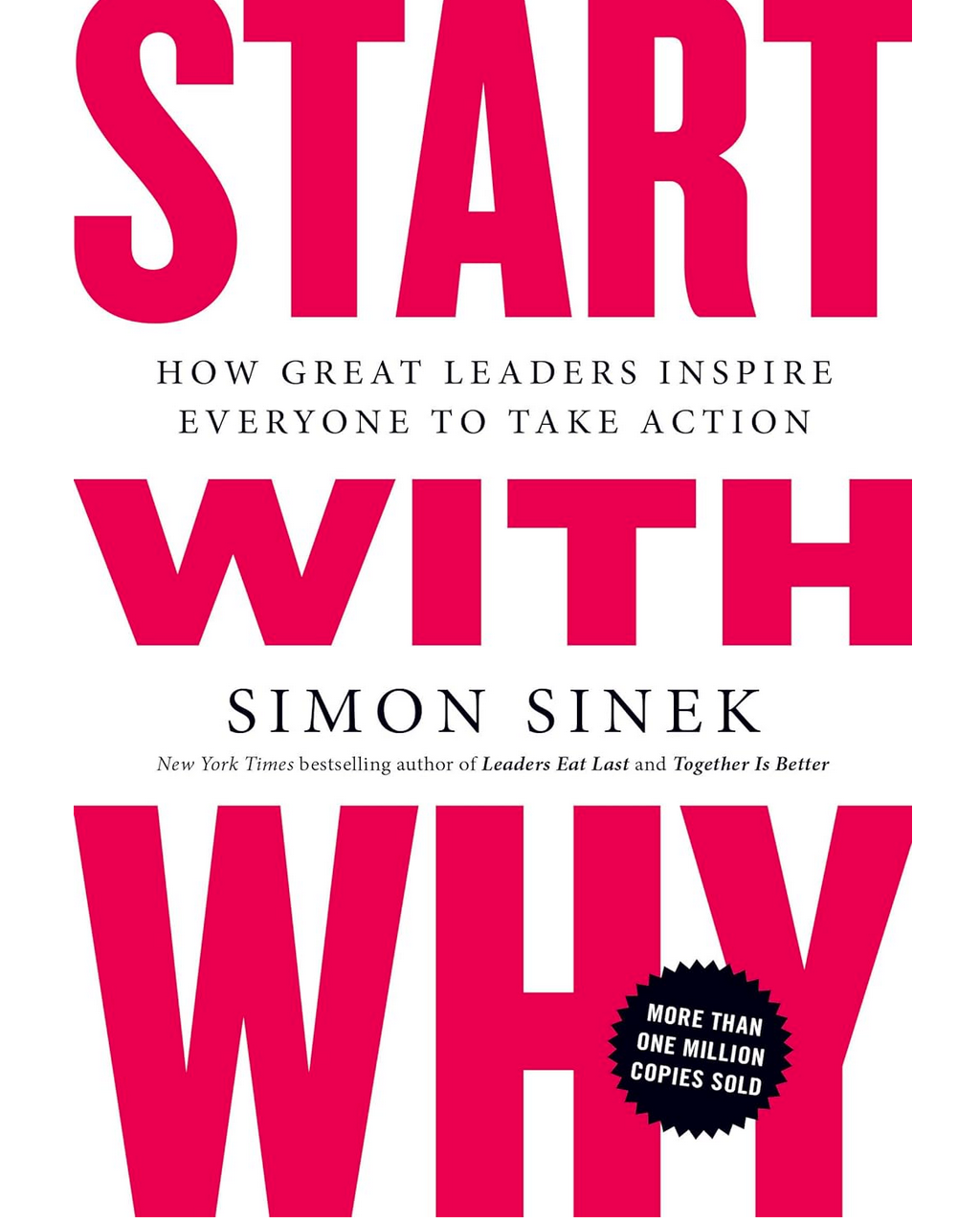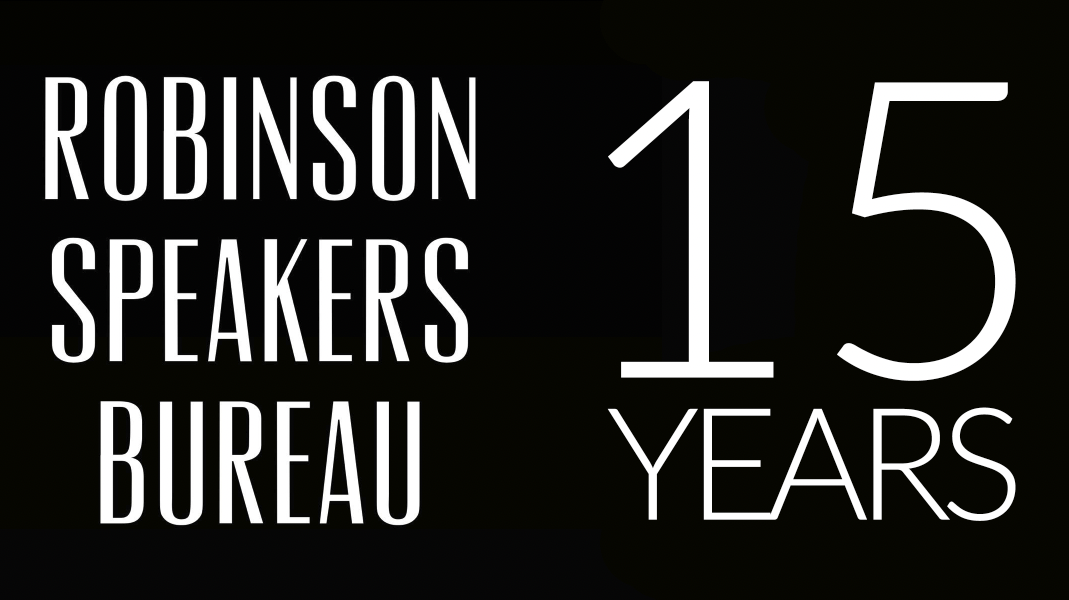
If you think leadership is all about beating the competition, Simon Sinek wants to have a word. Actually, several. Here’s the lowdown on some of his game-changing leadership insights that might just make you toss out your old playbook.
1. Ditch the Competition Mindset—Embrace Worthy Rivals
First off, stop thinking about competition as a zero-sum game. Instead of obsessing over beating the other guy, Simon suggests focusing on “worthy rivals.” These are the companies or individuals who excel in areas where you could improve. Their strengths highlight your weaknesses, offering a mirror to help you grow. The goal isn’t to crush them; it’s to use them as inspiration to elevate your own game. It’s less about winning and more about continuous self-improvement.
2. Trust Isn’t a Command—It’s a Feeling
“Trust me” are two words that, according to Simon, don’t work when building genuine trust. Trust is a feeling, not a command, and it’s built when people feel psychologically safe. It’s about leaders showing up for their teams, checking in with them regularly, and making sure they feel valued. The secret sauce? Authenticity. If people feel like they can be themselves around you—quirks and all—that’s where real trust is born.
3. The Infinite Game: Play for the Long Haul
Simon’s all about playing the “infinite game,” where the goal is not to win but to keep playing. This means thinking long-term and focusing on sustainability, both in business and leadership. Instead of trying to beat the competition in the short term, think about how you can create lasting value and stay relevant for the next 50, 100, or even 150 years. It’s about building something that endures, not just something that wins this quarter.
4. Learn from Your Mistakes—And Don’t Pretend You’ve Got It All Figured Out
One of Simon’s biggest takeaways? Be honest about your journey. In a world where companies often pretend to have everything under control, Simon suggests a different approach: admit your mistakes, learn from them, and be transparent about your progress. This not only builds trust but also makes your leadership more relatable and human. After all, who wants to work for a robot?
5. Loyalty Is a Two-Way Street
Simon dropped some serious truth bombs about employee loyalty. Spoiler: it’s not dead, but it’s definitely changed. Younger generations grew up watching their parents get laid off, so they don’t exactly see companies as loyal. To rebuild that trust, companies need to be crystal clear about their values and purpose. And here’s the kicker—be ready to walk the talk. Loyalty isn’t built overnight, but with consistent, value-driven actions, it can be earned.
6. Undoing the Jack Welch Legacy
Simon didn’t shy away from calling out the long-lasting impact of Jack Welch’s leadership model at GE. Welch’s emphasis on shareholder supremacy, constant performance evaluation, and mass layoffs as a financial tool, according to Simon, has left a legacy of mistrust and disloyalty in corporate culture. Younger generations saw this firsthand and have been conditioned not to expect loyalty from their employers. Simon’s mission? To undo this toxic legacy by advocating for leadership that values human elements, trust, and genuine relationships over mere profit.
7. Inspire, Don’t Just Lead
Inspiration isn’t just a buzzword; it’s a leadership tool. Simon shared how he used to keep a fishbowl filled with marbles, each representing a week he had left on this planet (talk about a reality check). Every week, he’d ask himself if he did something inspiring. If yes, the marble moved to another bowl; if no, it got tossed. The takeaway? Leadership isn’t just about getting things done—it’s about inspiring others to do their best work and making sure every week is worth living.
8. Reimagine What Flexibility Means
Post-pandemic, flexibility isn’t just a perk—it’s a necessity. Simon argues that companies dictating strict in-office schedules are missing the point. Instead, embrace flexibility by involving employees in the conversation about what their work-life balance should look like. This isn’t just about remote work; it’s about redefining what it means to be a “full-time” employee in today’s world. Flexibility breeds loyalty, trust, and ultimately, better performance.
9. Lead with Genuine Heart
Simon is a big fan of leading with “genuine heart.” What does that mean? It’s about letting people be themselves and care in their own unique way. Leadership isn’t about following a script—it’s about being human, showing empathy, and recognizing those who go above and beyond with authenticity. And hey, maybe throw in a “genuine heart” award, voted on by peers, because who doesn’t love a little recognition?
10. Don’t Just Serve—Create a Culture of Service
Simon loves to talk about the idea of service. Whether it’s to your customers, employees, or community, the best leaders don’t just serve—they create a culture where service is at the core. This means always looking for ways to improve the experience for everyone involved, and not just because it’s good for business, but because it’s the right thing to do.
11. Embrace the Data—But Don’t Let It Define You
In a digital age, data is king, but Simon warns against letting it rule you. Use data to listen better and anticipate needs, but remember, it’s the human touch that makes the difference. Whether it’s knowing what your guests like in the minibar or how they prefer their room temperature, it’s the thoughtful use of data that can elevate the experience and keep your company ahead of the curve.
Final Thoughts
Simon Sinek’s leadership lessons are like a breath of fresh air in a stuffy boardroom. They remind us that leadership isn’t just about profits, market share, or even being the best—it’s about creating an environment where people feel inspired, valued, and genuinely cared for. So, next time you’re strategizing your next big move, take a page out of Simon’s book: play the infinite game, lead with heart, and always, always strive to be better than you were yesterday.

The inspirational bestseller that ignited a movement and asked us to find our WHY
Discover the book that is captivating millions on TikTok and that served as the basis for one of the most popular TED Talks of all time—with more than 56 million views and counting. Over a decade ago, Simon Sinek started a movement that inspired millions to demand purpose at work, to ask what was the WHY of their organization. Since then, millions have been touched by the power of his ideas, and these ideas remain as relevant and timely as ever.
START WITH WHY asks (and answers) the questions: why are some people and organizations more innovative, more influential, and more profitable than others? Why do some command greater loyalty from customers and employees alike? Even among the successful, why are so few able to repeat their success over and over?
People like Martin Luther King Jr., Steve Jobs, and the Wright Brothers had little in common, but they all started with WHY. They realized that people won’t truly buy into a product, service, movement, or idea until they understand the WHY behind it.
START WITH WHY shows that the leaders who have had the greatest influence in the world all think, act and communicate the same way—and it’s the opposite of what everyone else does. Sinek calls this powerful idea The Golden Circle, and it provides a framework upon which organizations can be built, movements can be led, and people can be inspired. And it all starts with WHY.
